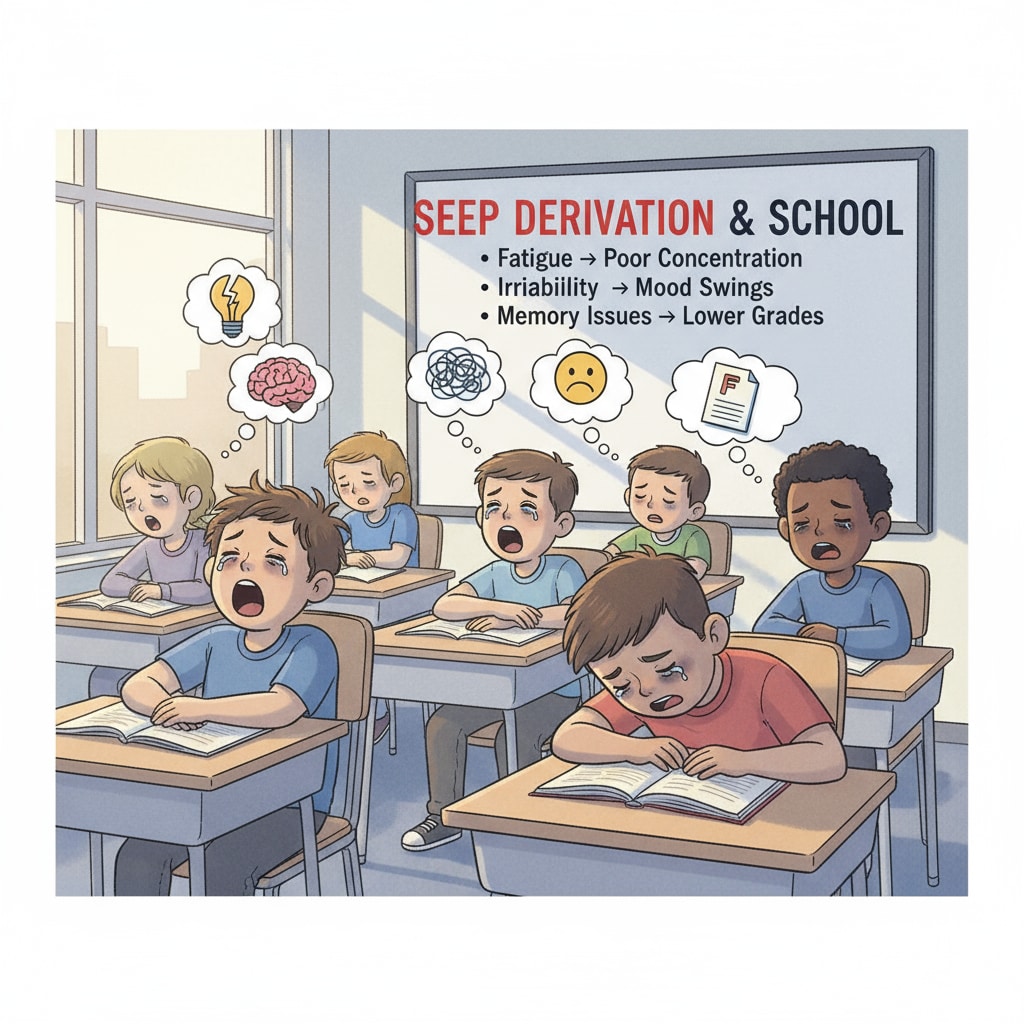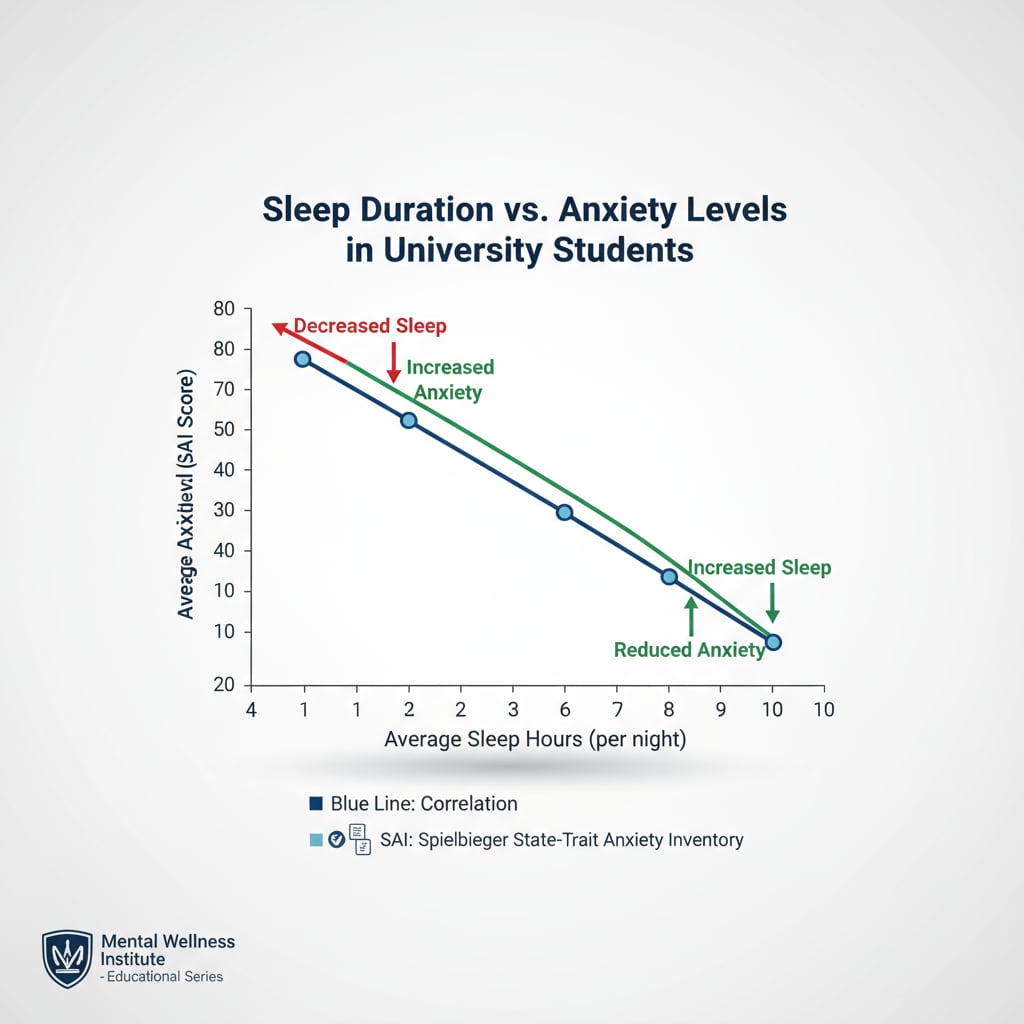Sleep, mental health, and school stress are intertwined issues that significantly impact K12 students. In today’s fast-paced educational environment, the importance of adequate sleep for students’ overall well-being is often overlooked.

The Toll of Sleep Deprivation on Students’ Mental Health
Sleep is crucial for maintaining good mental health. When students don’t get enough sleep, they are more likely to experience mood swings, irritability, and increased levels of anxiety. According to the American Psychological Association, sleep deprivation can disrupt the brain’s regulation of emotions, leading to a heightened stress response. For example, a student who is sleep-deprived may overreact to a minor setback in school, such as a low grade on a quiz.

Academic Performance and School Stress
In addition to mental health, sleep also plays a vital role in academic performance. Lack of sleep can lead to difficulties in concentration, memory, and problem-solving. As a result, students may struggle to keep up with their schoolwork, which can further exacerbate school stress. A study by the National Center for Biotechnology Information found that students who get sufficient sleep tend to have higher grades and better cognitive function.
Furthermore, the pressure to perform well academically in K12 education often leads to students sacrificing their sleep. Long hours of homework, extracurricular activities, and early morning classes leave little time for rest. This vicious cycle of sleep deprivation and school stress can have long-term consequences for students’ physical and mental health.
Readability guidance: We’ve used short paragraphs to present the key points clearly. For example, in the section about sleep deprivation and mental health, we first state the importance of sleep for mental well-being and then provide an example of how lack of sleep affects students’ emotions. In the academic performance part, we list the impacts of sleep on academic tasks and mention a study to support the claim. Transition words like ‘in addition’ and ‘furthermore’ are used to connect different ideas smoothly.


